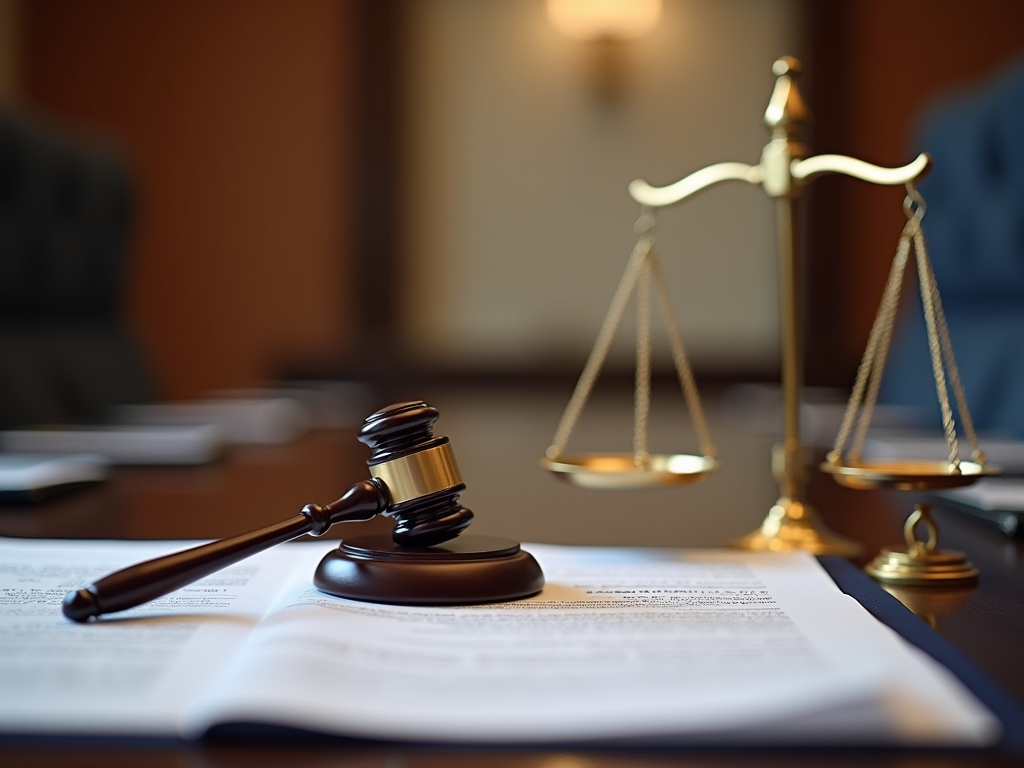Dubai’s legal system plays a pivotal role in safeguarding businesses within the emirate, ensuring a conducive environment for both local and international enterprises. With a well-structured legal framework, businesses can operate with confidence, knowing their rights and interests are protected. This article delves into the various aspects of Dubai’s legal system, illustrating how it serves as a cornerstone for business security and growth. From contract law to commercial disputes, the legal landscape in Dubai is designed to foster innovation while maintaining order. It also encapsulates regulations that govern business practices, aiming to enhance transparency and encourage investments. Ultimately, understanding this legal framework is essential for any business aiming to thrive in Dubai.
The Legal Framework in Dubai

Dubai’s legal system is characterized by a combination of Islamic law (Sharia), civil law, and a unique set of local regulations that create a hybrid legal environment. This framework allows for flexibility and adaptability in addressing contemporary business challenges. Here are key elements of Dubai’s legal framework:
- Commercial Laws: Regulate business activities, partnerships, and corporate governance.
- Labor Laws: Protect employee rights and outline employer obligations, essential for maintaining workplace harmony.
- Intellectual Property Laws: Safeguard inventions, trademarks, and copyrights, critical for fostering innovation.
- Real Estate Laws: Guide property transactions and ownership rights, vital for businesses investing in real estate.
- Dispute Resolution Mechanisms: Establish guidelines for resolving conflicts through courts or arbitration.
These elements not only create a structured environment but also enhance the predictability of legal outcomes, making it easier for businesses to navigate the complexities of operation in Dubai.
Business Protection Mechanisms in Dubai

Protection for businesses in Dubai is emphasized through various legal provisions and regulatory bodies that oversee compliance and enforce the law. The significance of these mechanisms lies in their ability to mitigate risks associated with business operations. Key mechanisms include:
- Free Zones: Allow 100% foreign ownership and provide streamlined processes for business setup.
- Regulatory Authorities: Entities such as the Department of Economic Development (DED) and Dubai Multi Commodities Centre (DMCC) ensure compliance with commercial regulations.
- Protection Against Liquidation: Laws prevent arbitrary liquidation of companies, offering a safety net for investors.
- Bankruptcy Protection: New laws have been introduced to facilitate debt restructuring and bankruptcy protection.
- Consumer Protection Laws: Ensure fair business practices and protect consumer rights, which indirectly protect business interests.
These mechanisms create a robust environment that fosters business trust and encourages long-term investments.
Dispute Resolution and Its Importance
In any business environment, disputes are inevitable. Dubai has established efficient dispute resolution mechanisms that play a crucial role in protecting businesses. The judicial system comprises various courts specializing in commercial disputes, ensuring businesses have access to appropriate legal remedies. The alternative dispute resolution (ADR) processes, such as mediation and arbitration, are also available, offering faster and less adversarial methods than traditional litigation. The Dubai International Financial Centre (DIFC) Courts are particularly noteworthy, as they provide a common law jurisdiction tailored for business-related disputes. Additionally, companies can benefit from the Dubai Arbitration Centre, which is recognized internationally. The processes are designed to streamline dispute resolution, helping businesses maintain operations without prolonged interruptions.
Despite the solid legal framework, businesses in Dubai may encounter certain legal challenges that can impede their operations. Awareness of these challenges is essential for effective risk management. Common legal challenges include:
- Regulatory Compliance: Understanding and adhering to regulations can be complex, especially for foreign businesses.
- Intellectual Property Theft: Protection of intellectual property rights can be challenging, necessitating proactive measures.
- Contract Enforcement: Issues with enforcing contractual agreements may arise if contracts are not meticulously drafted.
- Cultural Nuances: Navigating the local culture and legal expectations can sometimes be daunting for expatriate entrepreneurs.
- Dispute Adjudication Delays: While mechanisms are in place, overly complex cases can still lead to delays.
Addressing these challenges requires a thorough understanding of the legal landscape, making it crucial for businesses to seek expert legal counsel when operating in Dubai.
Conclusion
Dubai’s legal system is instrumental in providing a secure environment for businesses to flourish. By understanding the complexities of this legal landscape, entrepreneurs can better navigate operational risks, ensuring that their businesses remain protected and compliant. With robust mechanisms in place to safeguard interests and resolve disputes, Dubai stands out as a premier business hub where enterprises can thrive with confidence.
Frequently Asked Questions
1. What are the main laws that govern businesses in Dubai?
The primary laws include commercial laws, labor laws, intellectual property laws, and real estate regulations, which create a comprehensive legal framework for businesses.
2. How does dispute resolution work in Dubai?
Dubai has several specialized courts for commercial disputes and offers alternative methods such as mediation and arbitration, allowing businesses to solve disputes effectively and efficiently.
3. Are there special regulations for foreign businesses in Dubai?
Yes, Dubai offers free zones that allow 100% foreign ownership and provide targeted regulatory frameworks facilitating easier setup and operation.
4. What are the challenges faced by businesses in the legal landscape of Dubai?
Challenges include regulatory compliance complexities, risks of intellectual property theft, enforcement of contracts, cultural nuances, and potential delays in dispute adjudication.
5. How important is legal counsel for businesses operating in Dubai?
Legal counsel is crucial for navigating the intricate legal landscape, ensuring compliance, and effectively managing risks associated with operations in Dubai.
